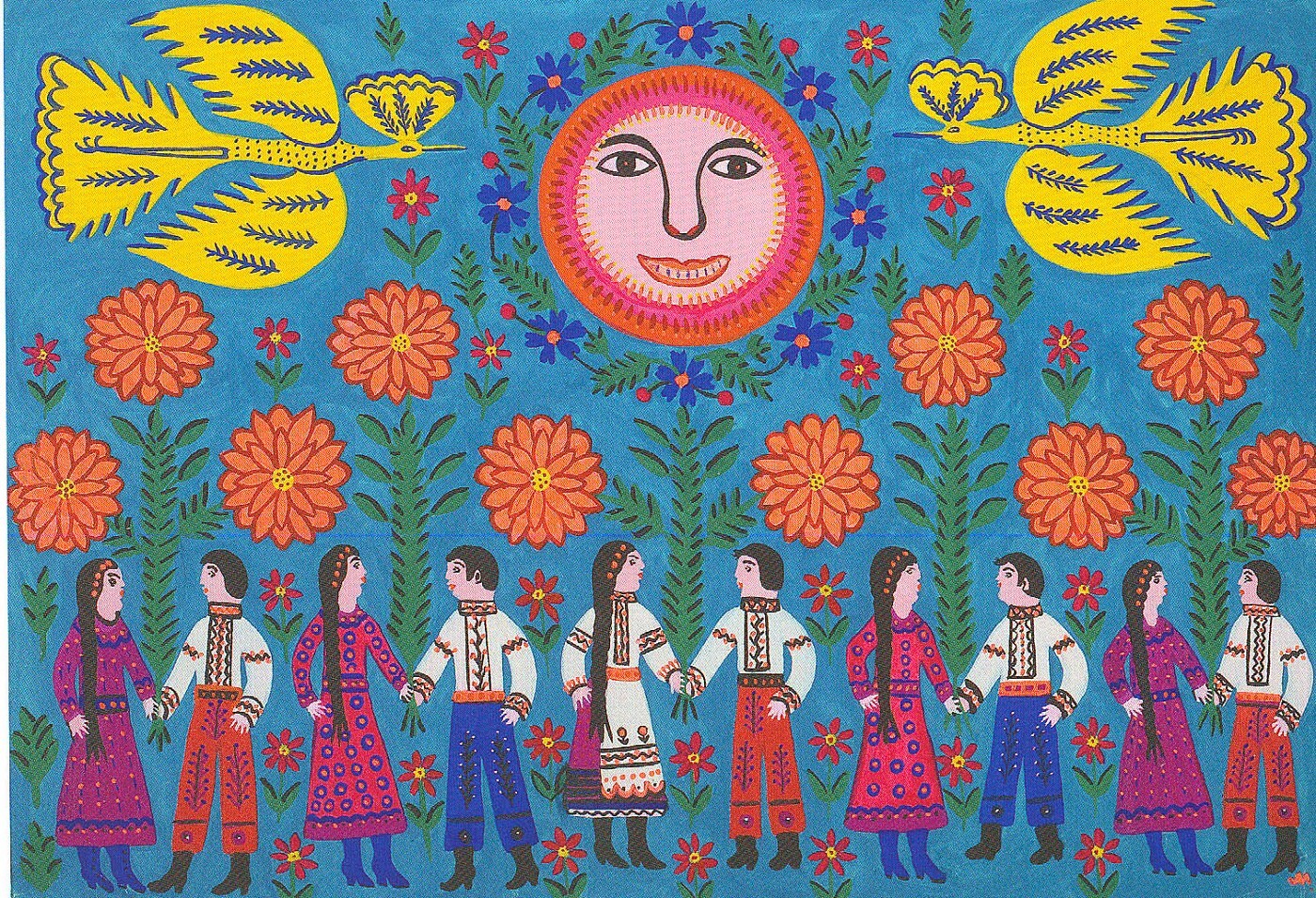Understanding how things got to this point — with a full-scale war waged on a country of 45 million and threats of nuclear escalation toward a possible third world war — requires understanding how Russia got to this point. This post aims to introduce a short set of recent readings that help us understand Russian attitudes today and their deeper history.
State propaganda
Perhaps the best place to start is with a flavor of the state propaganda machine. Julia Davis’s “Putin’s Stooges: He May Nuke Us All, But We Are Ready to Die” (Daily Beast, April 28) captures many of the dominant voices in Russian state media articulating the message the Kremlin intended for its audience of 145 million part-way through the current invasion. A few quotes should be sufficient to give the flavor here (in case the article is paywalled for you):
Read the rest of this entry »“World War III, no longer just a special operation, with 40 countries against us. They declared a war.” (Olga Skabeeva, host, 60 Minutes)
“The representatives of those 40 different countries are today’s collective Hitler.” (Mikhail Markelov, 60 Minutes)
“Personally, I think that the most realistic way is the way of World War III, based on knowing us and our leader, Vladimir Vladimirovich Putin, knowing how everything works around here, it’s impossible—there is no chance—that we will give up” [. . .] “That everything will end with a nuclear strike, to me, is more probable than the other outcome. This is to my horror, on one hand, but on the other hand, with the understanding that it is what it is.” (RT director Margarita Simonyan, on The Evening with Vladimir Solovyov)
“But we will go to heaven, while they will simply croak.” (Solovyov responding to Simonyan)
“If we decide to strike the U.K., we should rather decide to strike the United States… Final decisions are being made not in London, but in Washington. If we want to hit the real center of the West, then we need to strike Washington.” (Andrey Sidorov, deputy dean of world politics at Moscow State University, same TV program)

